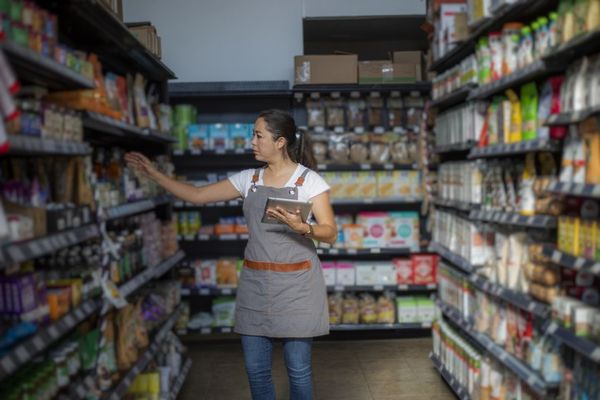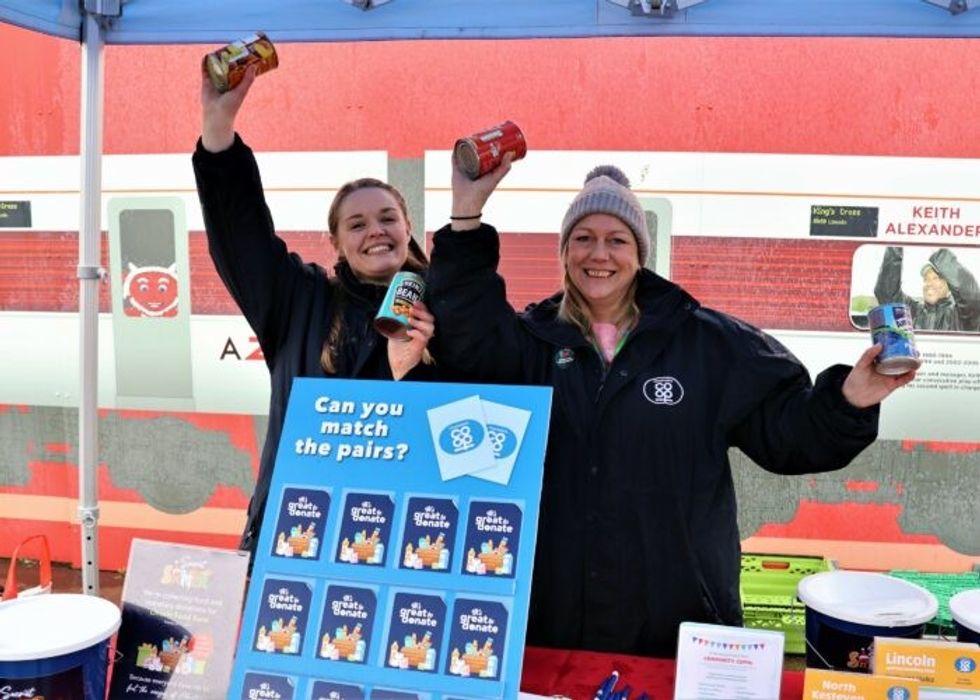Ahead of the Budget next Wednesday (30), ACS has modelled the potential impact on the sector of some of the policy changes that have been widely discussed by the media and government MPs.
While the Government has committed to not raising the headline rates of income tax, VAT, or national insurance on ‘working people’, there are concerns that the rates of employer National Insurance Contributions could be increased, as well as changes to the way that pension contributions are taxed. There is also concern over the cost of business rates next year and the removal of the 75% retail and hospitality relief.
- National Living Wage: The current projection for the rate of the National Living Wage in April 2025 is £12.10 per hour, a 5.8% increase on the current rate. This would take the convenience sector wage bill from £7.2bn to over £7.6bn.
- Employers’ National Insurance Contributions: The biggest determinant of the cost of Employer NICs to the sector is the rate of the National Living Wage. At a rate of £12.10 per hour and with no other changes, Employer NICs would increase in 2025 from £312m to £364m. If there were to be a one percentage point increase in the rate of Employer NICs (from 13.8% to 14.8%), the cost would increase to over £404m.
- Pension Contributions: In the convenience sector, 74% of colleagues are enrolled into a workplace pension. The total cost of pension contributions for the convenience sector is set to rise from £101m currently to £110m in 2025. If employers were required to pay national insurance contributions on their pension contributions, this would cost an additional £15m.
- Business Rates: In 2024/25, the business rates bill for the convenience sector is set to be around £245m (up from £199m last year), with retailers currently benefitting from 75% retail and hospitality reliefs (up to a maximum of £110,000 for large companies). If this discount were to be removed, the sector’s rates bill would increase to around £300m.
Looking at the cost increases that retailers are already facing in changes to NLW rates and business rates valuations/multipliers, bills are set to increase by £524m next year. If the changes in policy above were to be announced in the Budget, this would rise to £634m.
ACS chief executive James Lowman said: “The Government has spoken of promoting investment and growth. Each of these measures, that have been widely trailed in the run up to the budget, would inhibit this ambition and mitigate against investment and growth in the convenience sector. The cumulative impact of more than one of these measures could be extremely serious, threatening the viability of the only businesses that remain to provide a lifeline in countless villages and housing estates across the country.
“Our sector is at the sharp end of the fight against retail crime, faces pressure on operating margins, and is set to be impacted by a host of new regulations. Local shops owners are facing what could be another half a billion pounds of new costs as a result of the budget, and just as the Chancellor has to make tough decisions, so these business owners will be choosing between some unpalatable options as a result; cutting investment, cutting employment or cutting back on the services they provide. The Chancellor must share the burden of taxes and new costs fairly, and recognise the vital role that local shops play in more communities than any other physical business, right across the country.”
- In its submission to the Treasury ahead of the Budget, ACS made the following recommendations to support local shops:
- Increase the employer NICs threshold to £185 per week and uprate it each year
- Maintain small business rate relief and the 75% retail and hospitality relief
- Introduce an alternative rating methodology for online distribution warehouses
- Ring fence revenues from the upcoming vaping products levy to fund local enforcement
ACS’ full Budget submission is available here: https://cdn.acs.org.uk/public/lobbying/Autumn%20Budget%202024%20-%20ACS%20Submission.pdf

















 Photo: Lincolnshire Co-op
Photo: Lincolnshire Co-op Lincolnshire Co-op pharmacy in SwinesheadPhoto: Lincolnshire Co-op
Lincolnshire Co-op pharmacy in SwinesheadPhoto: Lincolnshire Co-op Photo: Lincolnshire Co-op
Photo: Lincolnshire Co-op

 Hemandra Hindocha and wife Kirti
Hemandra Hindocha and wife Kirti Hemandra Hindocha and wife Kirti
Hemandra Hindocha and wife Kirti
 Jo Hamilton and cast and crew accept the Impact Award for “Mr Bates vs The Post Office” on stage during the NTAs 2024 at The O2 Arena on September 11, 2024 in London, England.Photo by Lia Toby/Getty Images for the NTA's
Jo Hamilton and cast and crew accept the Impact Award for “Mr Bates vs The Post Office” on stage during the NTAs 2024 at The O2 Arena on September 11, 2024 in London, England.Photo by Lia Toby/Getty Images for the NTA's Leena Nair attends TIME100 Women's Leadership Forum at Chelsea Piers, Studio 59 on September 10, 2024 in New York CityPhoto by Shannon Finney/Getty Images for TIME
Leena Nair attends TIME100 Women's Leadership Forum at Chelsea Piers, Studio 59 on September 10, 2024 in New York CityPhoto by Shannon Finney/Getty Images for TIME Tarsem Singh DhaliwalPhoto: Iceland Foods Ltd
Tarsem Singh DhaliwalPhoto: Iceland Foods Ltd Hemandra Hindocha
Hemandra Hindocha Younis ChaudhryPhoto: Regal Foods Products Group
Younis ChaudhryPhoto: Regal Foods Products Group